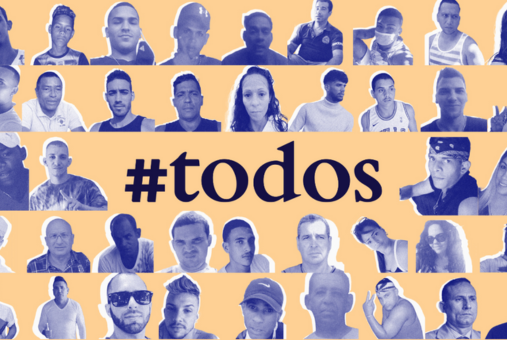
The #Todos platform, created by an alliance of 10 independent media outlets, has also become a call for the freedom of all political prisoners in Cuba.
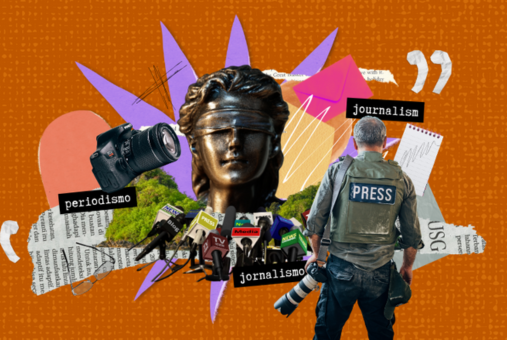
In 2024, journalists from Mexico to Nicaragua to Brazil faced mounting violence, censorship and harassment — yet persisted through courageous reporting. Here are our reporters’ most pressing and memorable stories of the year.
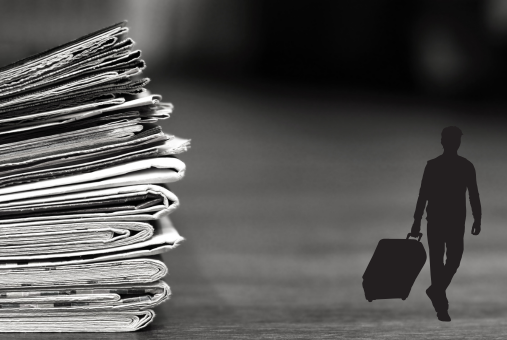
Exile has become the only option for hundreds of Latin American journalists fleeing violence, threats and persecution in their countries. To support them, the Inter American Press Association has launched the Latin American Network of Journalism in Exile (RELPEX).

Authorities in Nicaragua have already shut down, prosecuted or forced critical news outlets into exile. Under the new law, human rights advocates warn officials may access internet users’ locations, calls and browsing histories.

Three months after Nicolás Maduro’s disputed reelection, authorities are targeting journalists who appear to be critical, pushing many to self-censor, hide or flee the country.
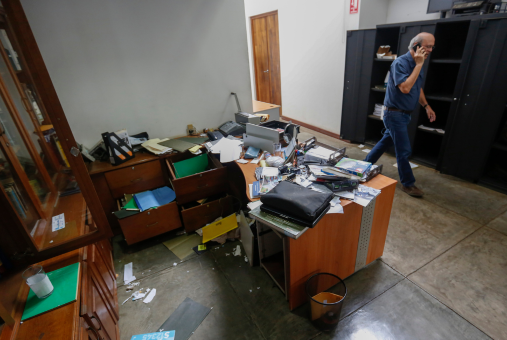
A new UNESCO report confirms a trend of governments worldwide avoiding scrutiny and silencing journalists by accusing them of money laundering and tax evasion. In Latin America, most cases are concentrated in Central America.
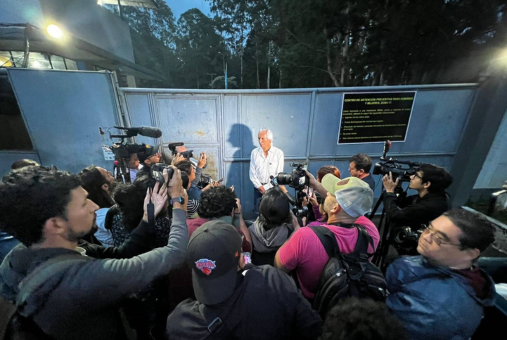
Zamora, known for exposing corruption, had been behind bars for more than two years in a detention observers say was mired in irregularities. “I have the spirit, courage and faith” to keep fighting, he says.
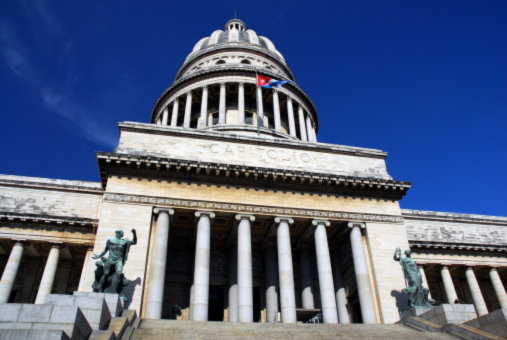
The Cuban regime has intensified repression against independent journalists, subjecting them to interrogations and threats, and accusing them of being mercenaries. Watchdogs say these actions seek to silence the independent press and force journalists to abandon their profession or go into exile.
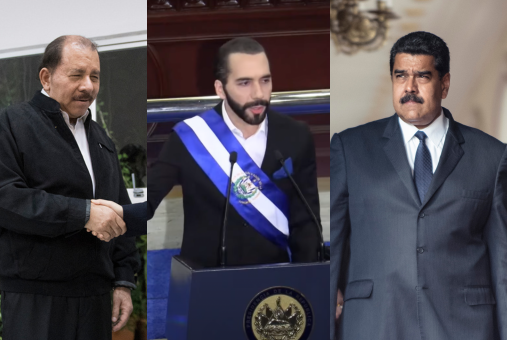
Lawmakers from the left and the right are drafting ‘foreign agent’ laws they claim protect their national sovereignty. They also threaten independent news outlets that rely on international funding.
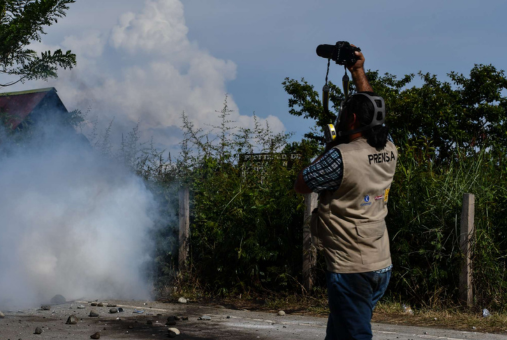
Despite threats, violence and criminalization against the journalistic profession in Guatemala, news agency Prensa Comunitaria has been changing the way women, youth and Indigenous peoples are covered in the media for 12 years.
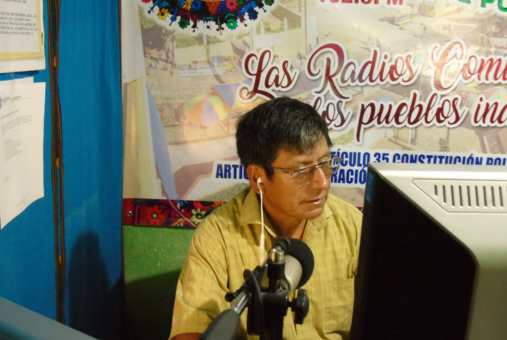
Community broadcasters in Guatemala, El Salvador, and Honduras face repression, economic hardship, and lack access to radio frequencies. They’re seeking help from the Inter-American Commission on Human Rights.
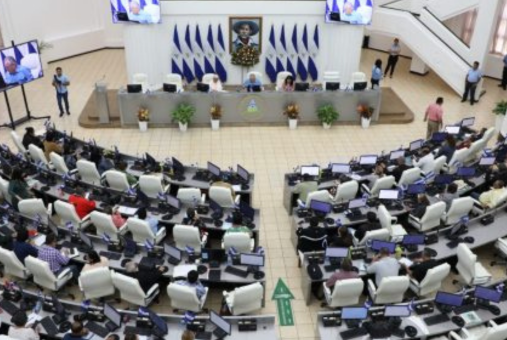
Daniel Ortega and Rosario Murillo's regime is wielding a new cybercrime law to target journalists – including those in exile – empowering authorities to seize their assets and monitor their family members in Nicaragua.